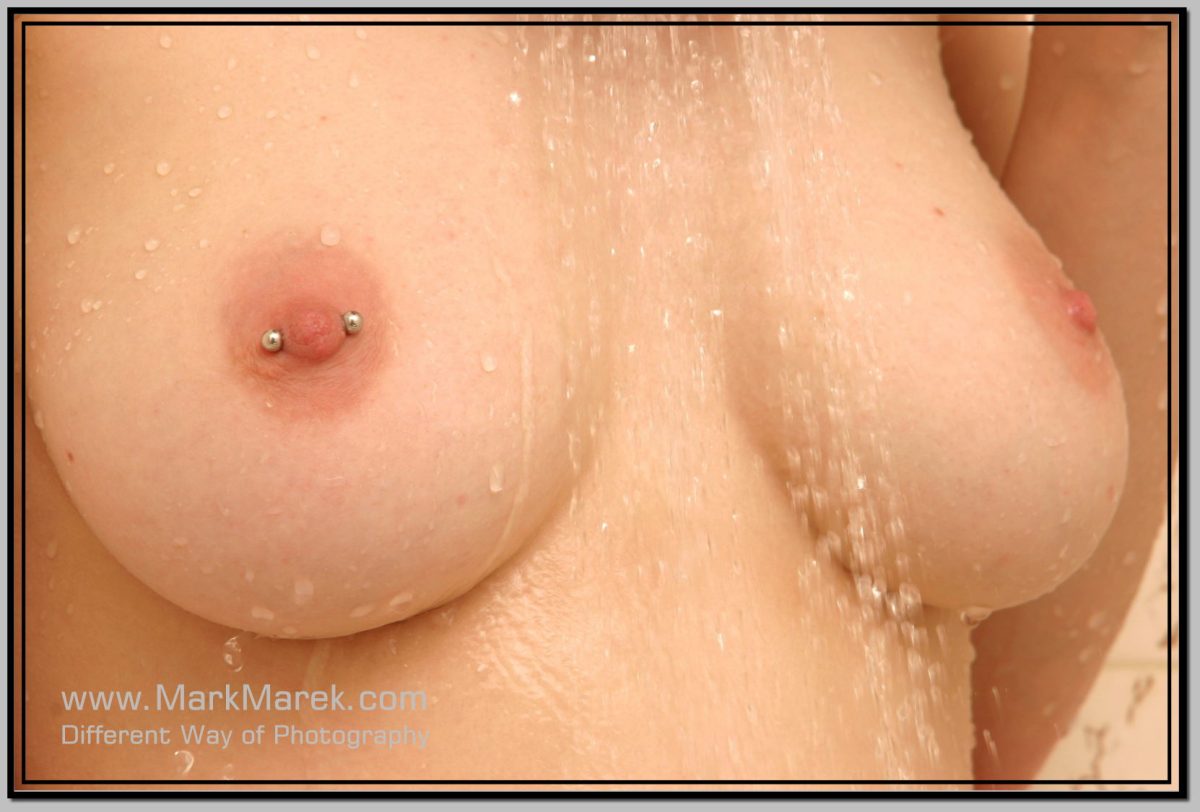The beauty of the human form has been celebrated in art for centuries, with nude portraits being a staple of fine art. One particular style that has been gaining popularity in recent years is the use of wet skin in nude photography. This technique can create a stunning visual effect, enhancing the curves and contours of the female form. In this article, we will explore the beauty of the nude female body with wet skin, its artistic significance, and the various techniques used to create these captivating images.
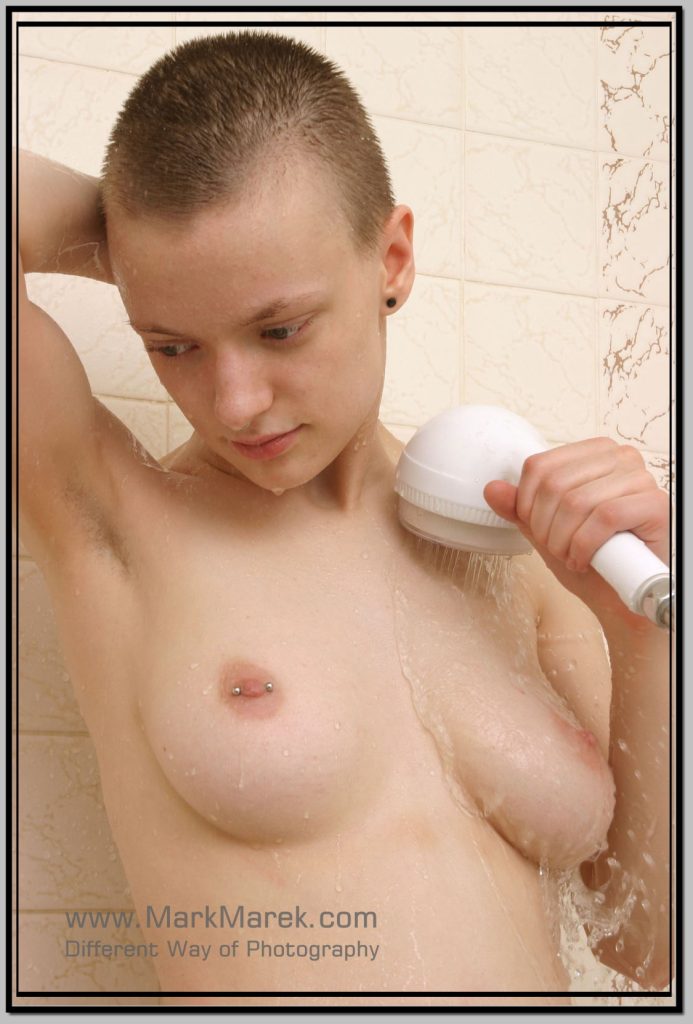
Section 1: The beauty of the nude female form
The female body has been a subject of artistic representation since the earliest civilizations. Artists have sought to capture the beauty and sensuality of the female form, depicting it in various mediums, from painting to sculpture to photography. The female form has long been associated with beauty, grace, and elegance, making it a popular subject in the art world. The use of wet skin in nude photography can enhance these qualities, accentuating the curves and contours of the body, and creating a striking visual effect.
Section 2: The significance of wet skin in nude photography
The use of wet skin in nude photography can have a significant impact on the overall aesthetic of the image. When the skin is wet, it reflects light differently, creating a unique texture and tone that can add depth and dimension to the photograph. This effect can enhance the sensuality and eroticism of the image, making it a popular choice for fine art nude photography.
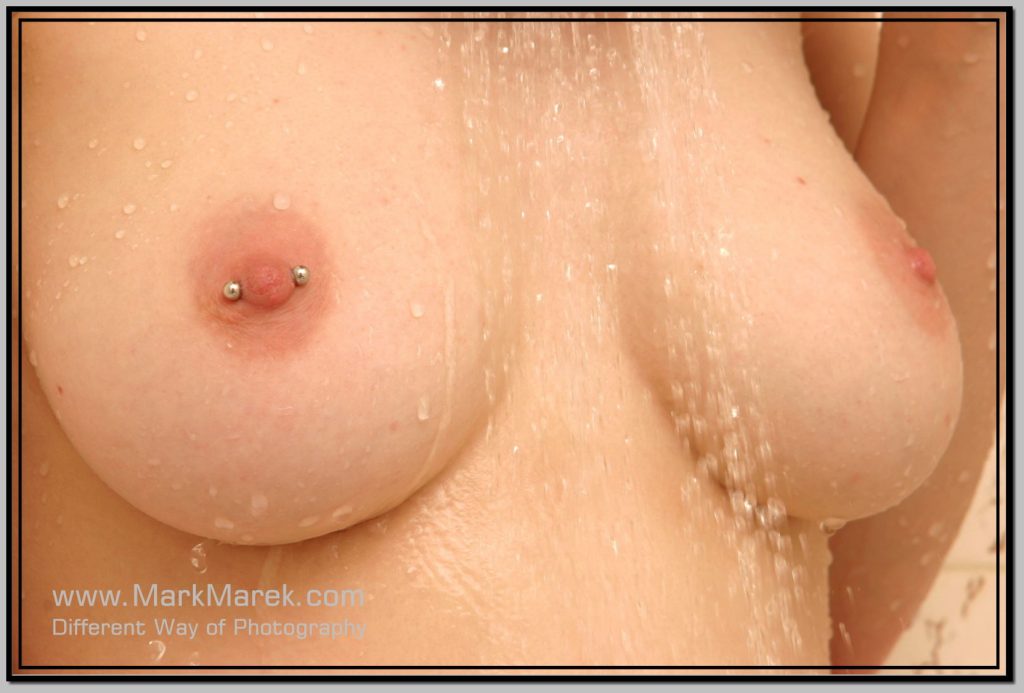
Section 3: Techniques used in wet skin nude photography
There are several techniques used in wet skin nude photography to create different visual effects. One popular technique is the use of oil or water droplets on the skin, which can create a glistening effect, highlighting the curves and contours of the body. Another technique is to use a spray bottle to mist the skin, creating a dewy look that can add a sense of freshness and vitality to the image. The choice of technique will depend on the desired effect, with each one offering a unique visual impact.
Section 4: The role of lighting in wet skin nude photography
Lighting plays a crucial role in wet skin nude photography, as it can make or break the overall aesthetic of the image. Soft, diffused lighting is often used to create a romantic and sensual ambiance, while harsher lighting can create a more dramatic effect. The use of backlighting can also be employed to create a halo effect around the body, adding to the visual impact of the image.
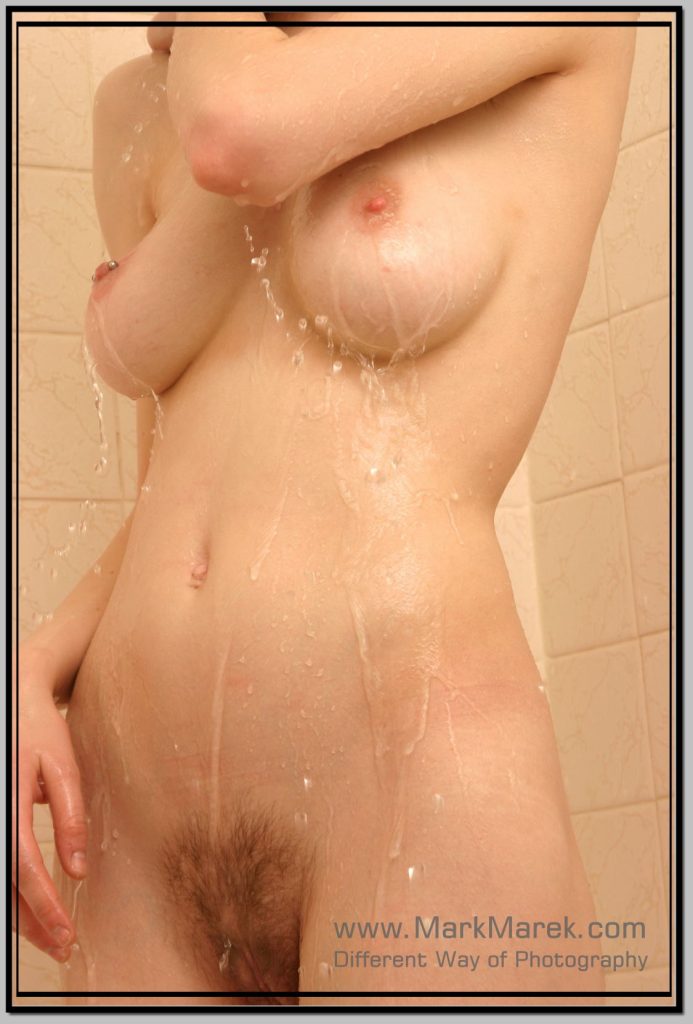
Section 5: The controversy surrounding wet skin nude photography
Despite the beauty and artistry of wet skin nude photography, there is some controversy surrounding this style of photography. Some critics argue that it objectifies women, reducing them to mere sexual objects, and perpetuating unrealistic beauty standards. However, proponents of this style of photography argue that it celebrates the beauty of the female form and empowers women to embrace their bodies.
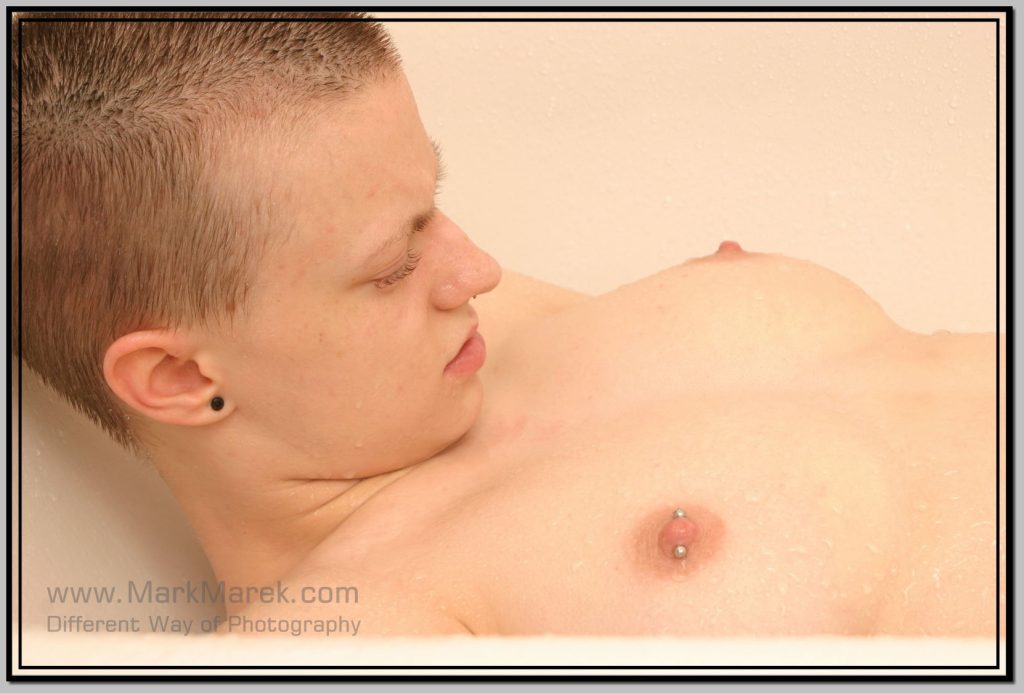
Conclusion:
Wet skin nude photography is a captivating style of fine art nude photography that celebrates the beauty of the female form. By using various techniques to create a unique visual impact, and employing lighting to enhance the mood and ambiance, photographers can create stunning and sensual images that capture the beauty and grace of the human form. While there may be controversy surrounding this style of photography, it is ultimately up to the individual artist to decide how they wish to represent the female form, and to do so in a respectful and empowering manner.

